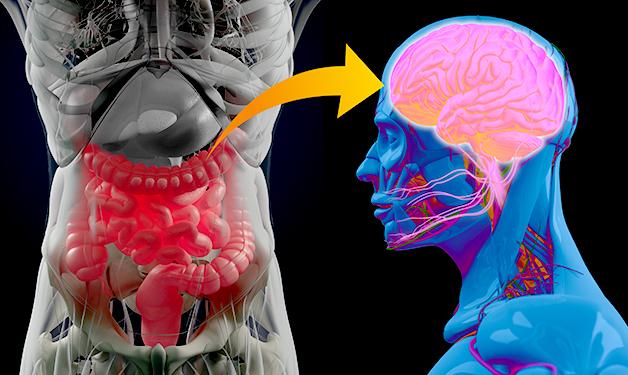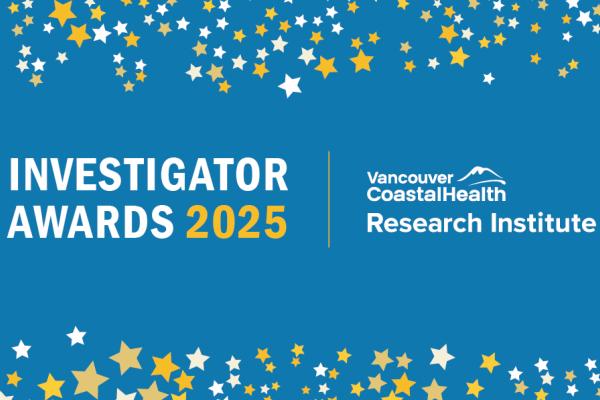
The bugs inside you—microorganisms and early signs of Parkinson’s.
This year marks the 200th anniversary of the discovery of Parkinson’s —the second most common neuro-degenerative disease in the world. Yet researchers are still not sure what causes it. And they still don’t have a cure. It turns out they may have been looking in the wrong place. While Parkinson’s affects the brain—specifically the neurons—new evidence shows that the disease may actually start in the gut. Vancouver Coastal Health Research scientist Dr. Silke Cresswell is one of many scientists now following the trail from the gut to the brain.
“We are learning about the importance of the microbiome—the collection of bacteria, viruses and fungi that live in each of us and weighs more than our brains—as a link to Parkinson’s. Most of our microbiome lives in the gut and colon and these are two areas that show up as early flags for Parkinson’s.”
Dr. Cresswell says when patients present with classic symptoms of Parkinson’s tremors and stiffness the disease is already in the brain, affecting neurons. But years or even decades before that, there are precursors elsewhere. “The majority of people with Parkinson’s develop gastro-intestinal problems (usually constipation) and lose their sense of smell years before the motor symptoms show up. The gut and the nose are the most intensely populated with bacteria and viruses and we see that neuron damage begins at the point where the gut and nose connect with the brain.”

Dr. Cresswell says recent advances in computer powered genetic sequencing have enabled researchers to get a better picture of the trillions of microorganism that are living inside us.
The brain is for sure the most affected in the end but where it starts is incredibly important because if you want to find a cure you need to go where it starts.
Dr. Cresswell and her colleagues recently completed a review study of current research on Parkinson’s and the microbiome. Some of the knowledge to date:
- People with Parkinson’s have a different microbiome makeup than people who don’t.
- A diet of processed foods combined with an overuse of antibiotics may account for higher rates of Parkinson’s in western countries. The microbiomes found in India for example—where PD rates are very low—are different to those found in North America. North Americans have less diversity in their microbiome and higher concentrations of so-called “bad” bacteria linked to inflammation.
- The protein alpha-synuclein, which is found in higher concentrations in the brain of Parkinson’s patients, shows up in the gut first.
- When the main connector between the brain and the gut (the Vagus nerve) is cut off, Parkinson’s does not develop.
“All the research points to something going on in the gut and the nose,” says Dr. Cresswell. “Now we’re trying to identify which of the microbes are likely involved in Parkinson’s, what role do they play and how do they do it.”
Stronger links, newer treatments?

Further down the road, Dr. Cresswell says dietary or targeted antibiotic intervention may be used to boost the microbiome or eliminate bad microorganisms and possibly head off disease. The specifics of those interventions have yet to be worked out, but early findings show a high fibre diet is worth pursuing. For now, Dr. Cresswell and her colleagues are studying probiotic interventions for some Parkinson’s symptoms such as anxiety and depression. And they’re embarking on a comparison study of microbial samples.
“It’s an exciting time for Parkinson’s research. Everything is evolving so quickly. I am so lucky to be at the research centre where collaboration happens daily. I work alongside researchers who are studying the microbiome in connection with other brain diseases such as Alzheimer’s. Any research advances will be a win for all.”
Dr. Cresswell encourages anyone interested in helping scientists learn more about Parkinson’s to give some time to research. Her team is currently recruiting healthy volunteers between the ages of 40-80 to donate a couple of hours to be a control group for a study of the microbiome and its link to Parkinson’s. Interested in participating or learning more about the study? Contact Kristin Sundvick, the research coordinator.


